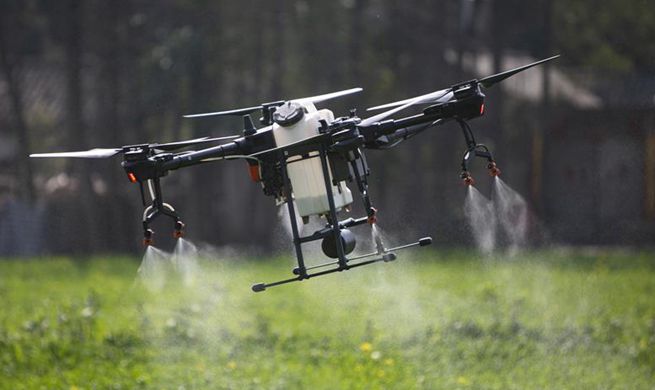JERUSALEM, Feb. 25 (Xinhua) -- Israeli researchers have discovered a first non-oxygen breathing animal, Tel Aviv University (TAU) reported Tuesday.
According to the study, conducted by TAU researchers and published in the journal PNAS, this is a tiny, less than 10-celled parasite called "Henneguya salminicola" that lives in salmon fish muscles.
This animal is a myxozoan aquatic parasite relative of jellyfish and corals.
While assembling the Henneguya genome, the team found that it had no genes associated with aerobic respiration, the process by which the cell generates energy using oxygen.
This means that unlike all animals known so far, this parasite does not need oxygen to generate energy.
The researchers assume that the parasite may have "given up" breathing during evolution, because in its natural environment, especially within the fish's muscle tissue, oxygen is inaccessible.
According to the researchers, "the parasite may draw energy from the surrounding fish cells, or it may have a different type of respiration such as oxygen-free breathing, which typically characterizes anaerobic non-animal organisms."
They added that "aerobic respiration was thought to be ubiquitous in animals, but now we have confirmed that this is not the case. Our discovery shows that evolution can go in strange directions".
They noted that "this is an animal whose evolutionary process is the opposite. Living in an oxygen-free environment, it has shed unnecessary genes responsible for aerobic respiration and became an even simpler organism."

















